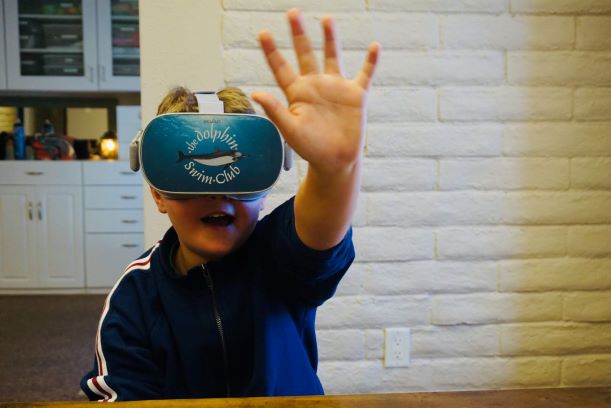Animal-assisted interventions (AAI) guidelines developed to provide voluntary code to ensure animal and human welfare needs are met
Guidelines for the
use of animals in a wide range of animal-assisted activities and therapies,
developed by the Society for Companion Animal Studies (SCAS), have been
substantially revised and updated.
The Animal
Assisted Interventions: SCAS Code of Practice for the UK (the code) is
a voluntary code intended to offer guidance on good practice for designing and
delivering AAI effectively and safely, to help ensure the welfare needs of both
humans and animals are met.
Why do we need a
Code?
Animals are
increasingly being deployed in therapeutic settings due to the acknowledged benefits
that arise from human-animal interactions1. There are no National
Occupational Standards in place for AAI in the UK; therefore, SCAS recognised a
need to provide evidence-based advice and as such developed the Code, with
input from the charity’s expert membership.
The introduction
of AAI programmes requires careful planning to ensure interventions are safe
for all involved and that animal welfare is not compromised. The SCAS Code
informs professionals, patients and the public about key steps required to
achieve best practices. It encourages interdisciplinary collaboration across
the caring professions in the planning, development and maintenance of
programmes; and between practitioners and researchers in documenting outcomes.
Through such collaboration, programmes become more effective and sustainable.
SCAS Chairman, Dr Ormerod, explains the background to the development of the guidelines:
“The
experience of SCAS members, through surveys and visits to health and social
care facilities, is that many programmes involve animals in an ad hoc fashion.
Animals are often introduced without seeking advice as to their suitability or welfare. Few facilities have adequate written policy or protocol, hence the need for a well-researched document to inform those working or volunteering in such facilities.”
“It
is necessary to mitigate risk when using animals in AAI, both in terms of
upholding animal welfare and to protect humans from any potential zoonotic
diseases. The AAI SCAS Code of Conduct will help ensure all parties are
working safely and fulfilling the needs of the institution and animal owners.”
The guidelines are
free to access and may be downloaded from the SCAS website http://www.scas.org.uk/animal-assisted-interventions/code-of-practice/
The
Code was first launched by SCAS in 2013 and has been substantially revised to
reflect current understanding of AAI, particularly in relation to safe practice
and animal welfare. Advice on zoonoses has been expanded to address issues
pertaining to farm animals, exotic species and risks associated with raw meat
products.
Who
is the Code for?
The Code is for
organisations, charities, businesses or individuals who design, manage,
organise and implement the delivery of AAI programmes. They are also a key
resource for veterinary teams whose work alongside these teams. Their services
may be commissioned by others or, in some cases, those responsible for the
management of an AAI programme may also be the AAI facilitator who delivers the
session. The Code also serves to inform staff and clients in health, social
care and educational institutions to which AAI is delivered.


